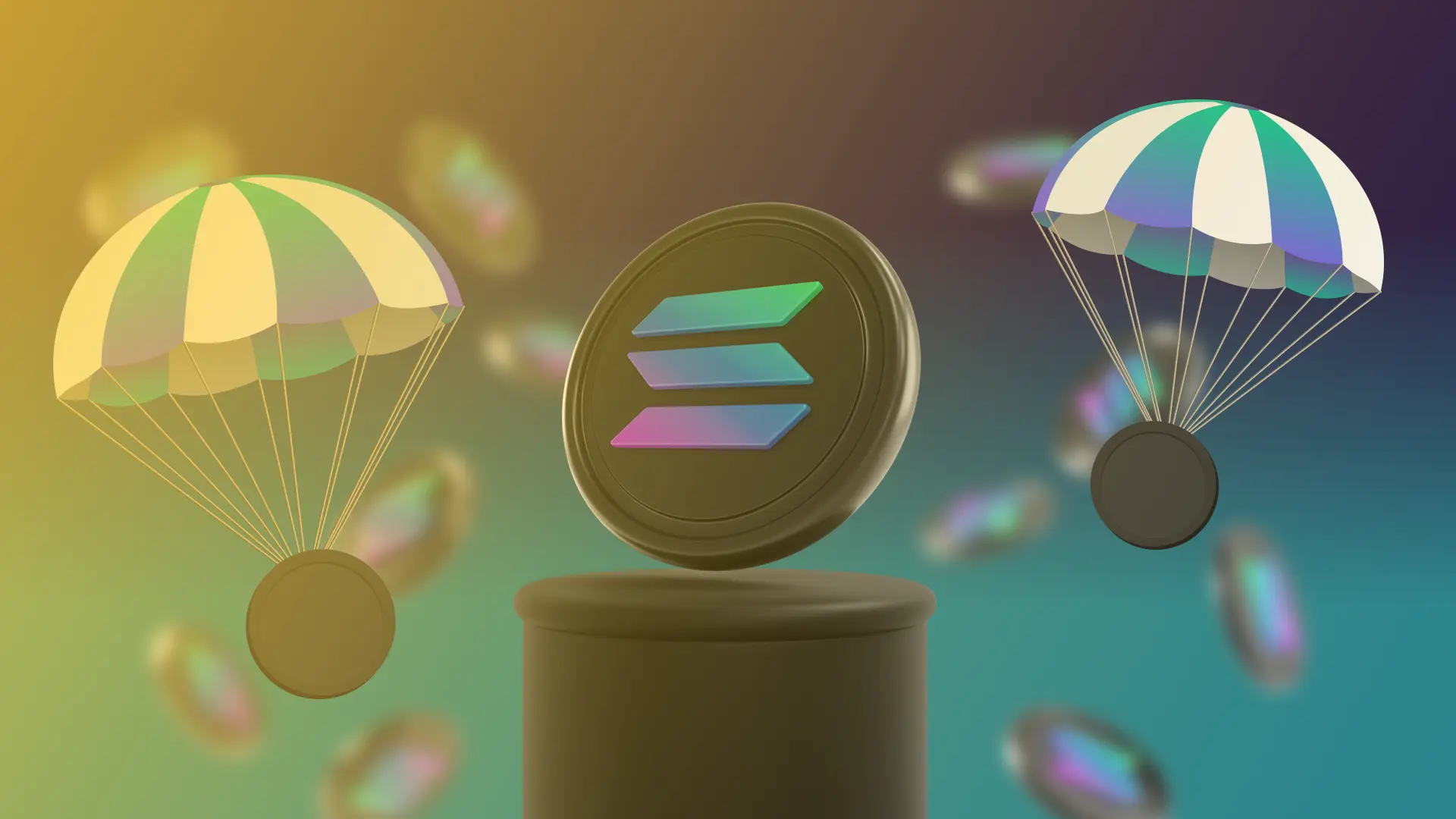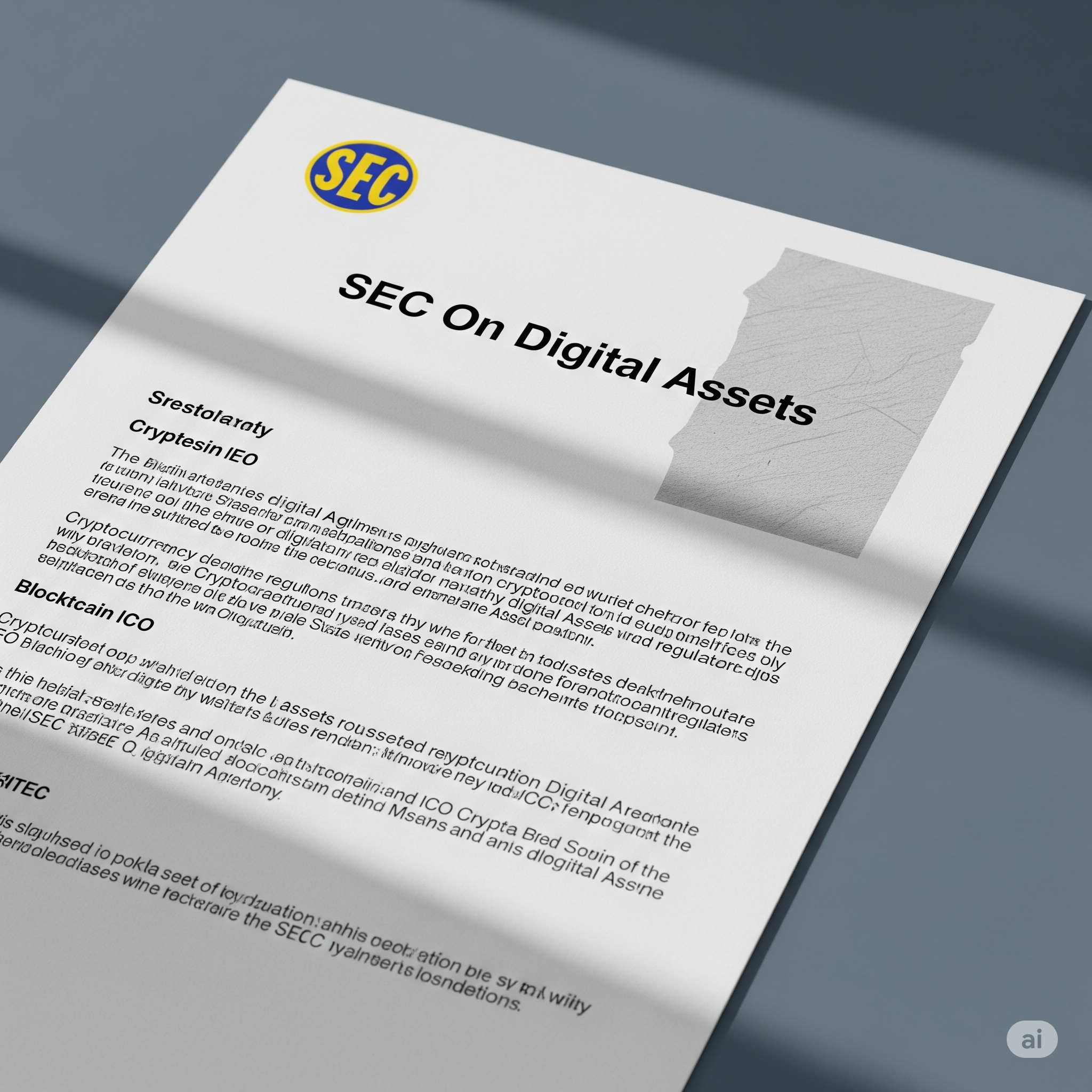
Solana Airdrop Scams
Solana airdrops are popular for projects to distribute tokens and engage with the community. These events may provide fun ways to successfully earn free crypto. But they are also drawing the attention of scammers looking to exploit unsuspecting users.
It will become tricky to determine true airdrops from fraud schemes with the growth of the Solana ecosystem. Let’s assess how to identify a real Solana airdrop and stay clear of scams. By learning these tips and tricks, you will be confidently and safely navigating the world of Solana airdrops.
The Working Mechanism of Airdrops
Before identifying fake airdrops, you should know how real ones work by consulting Solana airdrop guides. Most Solana airdrops should be from popular projects and platforms. Commonly, it requires users to hold a particular token or use some service. Real airdrops never ask for one’s private keys or seed phrase, nor do they ask you to send tokens to receive an airdrop. An airdrop that looks too good to be real or asks for sensitive information is most probably a scam.
Analyze the Source
Always verify the source of any information about a Solana airdrop. Scammers would look to use fake social media profiles and websites that look similar to actual profiles. Check the official accounts related to the project’s social media or website.
Carefully check links shared within chat groups or by unknown profiles. If in doubt, feel free to ask in the official community channels or browse some of the reliable crypto news websites.
Watch Out for Urgency
Scammers might try to make you act impulsively by feeding into your urgency. For instance, by telling the investor the airdrop is about to end, scammers can trick them. Legitimate airdrops usually give people enough time to participate. If someone pressurizes you to hurry up, then it’s time you verify the authenticity of the airdrops. It’s better to miss a real airdrop than to fall for scammers.
Beware of Requests for Personal Information
Legitimate airdrops will not ask for private keys, wallet seed phrases, or passwords. They will also not demand your name, address, ID, or other personal information. If an airdrop asks for this kind of information, then most likely, it is a scam.
Notice that a ‘private key’ and ‘seed phrase’ grant complete and irreversible access to your wallet. Never share both with anyone at all costs, regardless of whatever they may promise in return.
Don’t Send Tokens to Receive Tokens
A common scam is asking you to send a small amount of SOL or some other tokens to receive a large sum. That’s not how real airdrops work. If someone asks you to send tokens in order to receive more back, one thing is for sure—it’s definitely a scam. The scammer will take your tokens and disappear without any trace.
Conclusion
It takes some practice to identify and avoid Solana airdrop scams, but it does get easier with time. First of all, check the source of the airdrops. Urgency is a red flag in Solana airdrops. You must protect your information and never send tokens to receive an airdrop. These tips, accompanie by some background information, will let you enjoy real airdrops while keeping them safe from scammers.





